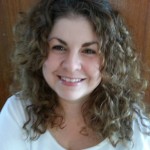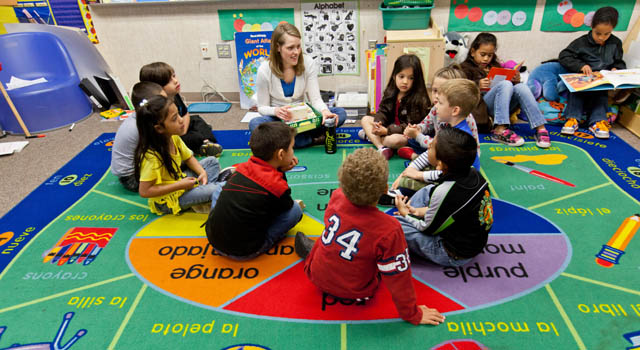Page 129 • (1,287 results in 0.124 seconds)
-
language. Douglas Oakman, Professor of Religion, served as Dean from 2004-2010. Photo from Prism 2006. Keith Cooper shows that contemporary questions about faith and reason have precedent in a long tradition of philosophical and theological discourse, using that tradition to defend religious belief that is not just compatible with but informed by science. Mark Jensen uses philosophical and literary traditions to reflect on the very project of history, commenting on contemporary debates about art while
-
graduates are a precious, life changing and transformative force in the world. Let me explain: The first message came on June 26. It brought the crushingly sad news of the death of Army Lt. Brian Bradshaw,a 2007 political science graduate. Brian was a strong student, an ROTC volunteer and leader, who entered the military, in his own words, “not to win a war but to make the lives of people better.” Brian was killed when an IED exploded along a roadside in Afghanistan. Brian left behind several essays
-

job than your average English teacher—in fact, my students are all products of good English teachers and parents who encourage reading, which I’m so thankful for! I don’t know that I teach them how to write or be creative. I’m not sure that I can do that, in the way that a science teacher does a lab or an English teacher explains verb agreement. I think my role is more to whip up excitement about this work, about books and stories in general, and let them kind of roll around in all of it in a
-

, manipulated to resemble a model bobsled run. Students get ready to drop their marble at the top of the run and see if it can go around a loop Pyles has made. They’re using math and science to predict what the outcome will be and what they have to do to get the marble to make the loop. “Will it make it?” Pyles asks the first student. “I think so,” a 7-year-old says with confidence. They’ve made their diagrams and it should work. “OK, let it rip,” Pyles says. The marble runs down the pipe and whirls around
-
foreign languages—particularly the “soft” ones such as Spanish and French—while men gravitate to the “hard” languages (German, Russian) and other academic subjects such as science and math. In the larger university setting, most foreign language departments have traditionally been split between (mostly male) tenured and tenure-track faculty members engaged in original research in literature or literary theory, and (mostly female) non-tenured lecturers and teaching assistants responsible for the
-

received well by her parents). This passion for art continued as she entered grade school and into high school. After high school, Rebecca came to PLU as a graphic design and mathematics major. This quickly changed and Rebecca will be graduating with a Bachelors of Fine Arts in Ceramics and a Bachelors of Arts in Computer Science. ARTIST STATEMENT My work examines the uncontrollable and powerful forces of nature. In this series of platters and sculpture, I am exploring how humans connect to nature. I
-
individual and communal scholarship life spans the entire faculty population — from the one-year visitor, to the the new tenure-track assistant professor, to the accomplished full professor. Among the faculty awards, recognitions and publications during the past year a very small sample would include: Claire Todd, a visiting faculty member in geosciences and environmental studies, who received more than $120,000 from the National Science Foundation for her research in Antarctica. Kevin O’Brien, assistant
Do you have any feedback for us? If so, feel free to use our Feedback Form.


